How an Icelandic Model in L.A. Played a Key Role in Bringing Boston Mobster James 'Whitey' Bulger to Justice
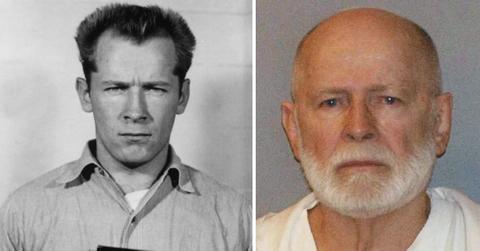
Sept. 11 2024, Published 1:02 p.m. ET
Like the origin stories of so many prominent gangsters, the tale of James "Whitey" Bulger begins in poverty.
It’s a tale that started from humble beginnings and became something that seemed like a movie. In fact, it became a movie. Bulger went from the projects of Boston to head of the mob in the Northeast.
But he carried a secret. It wasn’t the murdered bodies he left in his wake. It was how he always seemed to escape arrest. Always one step ahead.
Bulger had the FBI and local police under this thumb and part of his crew. He worked as an informant, and they gave him intel. The move let him stay on the street longer than many mob bosses. For decades, Bulger escaped prosecution.
Like with so many gangsters, the Houdini act didn’t last. The walls started to close in, and his top lieutenants began to talk. Bulger went into hiding and the world was left bewildered at how a man could be both a top mobster and one of the FBI’s most protected sources?
BULGER TURNS TO CRIME
Bulger's father, James Snr, was born in Newfoundland, Canada, and emigrated to the United States, marrying Irish immigrant Jane McCarthy and working as a union laborer.
James Jr was born in 1929, and not long afterward, James Sr. lost his arm in an industrial accident, preventing him from working and reducing the family to poverty during the harsh 1930s. By 1938, the family lived in the Boston housing projects, having two more children, including William Bulger, the future Democrat President of the Massachusetts Senate.
Despite their economic circumstance, the Bulger children excelled at school, except for James. He instead became involved with local petty street crime, with police giving him the nickname "Whitey" thanks to his highly blond hair, a nickname that he always hated. His early days on the streets were atypical, becoming associated with thieving and street fighting, soon building a reputation that brought him into contact with more prominent criminals from a local street gang known as the Shamrocks.
Bulger found himself in juvenile detention and, in April of 1948, decided to join the U.S. Air Force when released from custody. Whether this was a genuine attempt to reform his character or not is debatable, but the young airman regularly found himself in the brig, and in 1950 he was arrested for going AWOL.
Despite his ill discipline, he gained an honorable discharge and returned to Boston. Yet, he became deeper and deeper involved in the world of crime, serving his first stint in adult prison in 1956 for armed robbery and hijacking. During his time at the Atlanta Penitentiary, he was exposed to the CIA's MK-ULTRA program.
Much has been written about the MK-ULTRA program, becoming a perennial favorite of conspiracy theorists across the internet. While many of the program details have been embellished beyond recognition, there is no doubt that the Cold War operation existed and involved illegal experiments on human test subjects to develop drugs that could be utilized in interrogations and brainwashing.
Over 18 months, Bulger and 18 other prisoners were exposed to the program, being promised time off their sentences if they complied with research they were told was aiming to find a cure for schizophrenia. The prisoners were given LSD and other mind-altering drugs, and Bulger would later describe feelings of terror and being brought "to the depths of insanity" by the "nightmarish" experience. The experiments' effect on the rest of Bulger's life is debatable. Still, he would later claim he didn't inform anyone of his mental health issues for fear of being committed to an asylum.
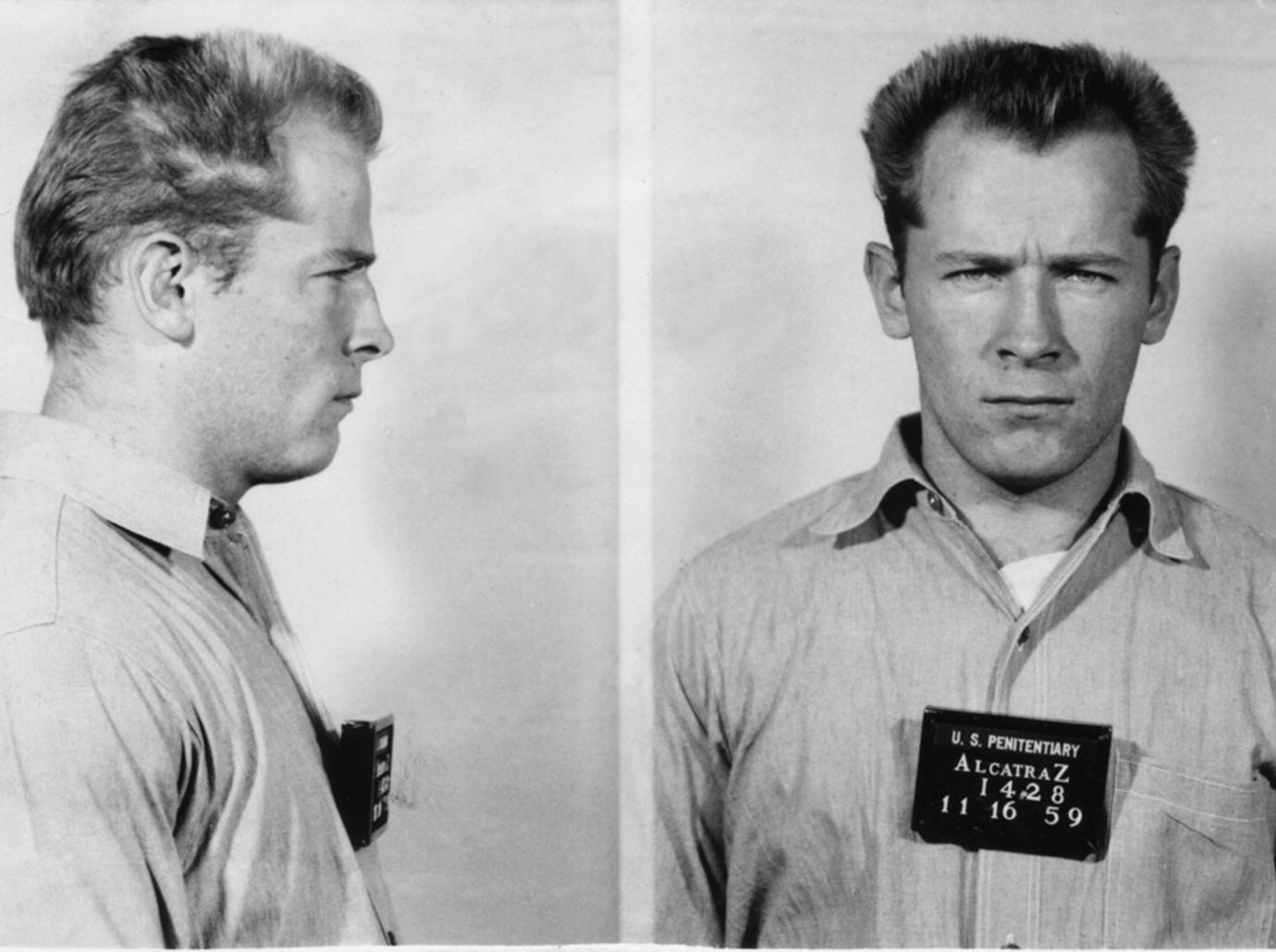
Upon his release in 1965, Bulger worked briefly as a janitor before falling in with the Killeen gang, the then-dominant faction in Boston's underworld. Run by three brothers, Donald, Kenny and Eddie Killeen, the crew dominated South Boston for two decades, and in 1971 a war broke out with the rival Mullen Gang, who got their name from the gang's home base in Joseph Mullen Square. The Killeens were soon losing ground to their younger and better-armed rivals, and to show his loyalty, Bulger planned his first murder, that of leader Paul McGonagle.
It was a disaster.
Bulger completely botched the murder, shooting Pauls’ brother Donald McGonagle in the head and killing him instantly in a case of mistaken identity. In retaliation, McGonagle executed one of the leading Killeen figures, Billy O'Sullivan. With the heat on the war turned up to ten, Bulger realized the Killeens were going to lose and approached The Winter Hill Gang of Somerville, north of Boston, an ally of the Mullens.
Bulger told leader Howie Winter that he could end the war between the two warring gangs by slaughtering the Killeen leadership, being a trusted member of the gang who could get close enough to pull off the audacious plan. Not long after the meeting, Donald Killeen was murdered outside his home, and fingers have been pointed at Bulger. Despite this, the former Mullen boss has claimed Bulger didn't pull the trigger, the killing being attributed to two enforcers for the Mullens.
Following the murder, Bulger put on a face of loyalty to the Killeen gang and fled the city. Mediation was soon arranged involving Winter and Joseph Russo of the Patriarca crime family out of Rhode Island. The eventual meeting between the two gangs, with Bulger representing the Killeens, was historic for the criminal underworld in Boston. Both crews agreed to join forces with Winter as the boss, and the last Killeen brother, Kenny, was run out of town.
Bulger's early years with the newly empowered Winter Hill Gang were spent biding his time. He would ensure he made his value known while getting anyone who stood in his way was killed on Winter's orders, the rising star being known as a master manipulator. Out went the former Mullen loyalists, including finally Paul McGonagle, and in came men like Kevin Weeks and Stephen “The Rifleman” Flemmi.
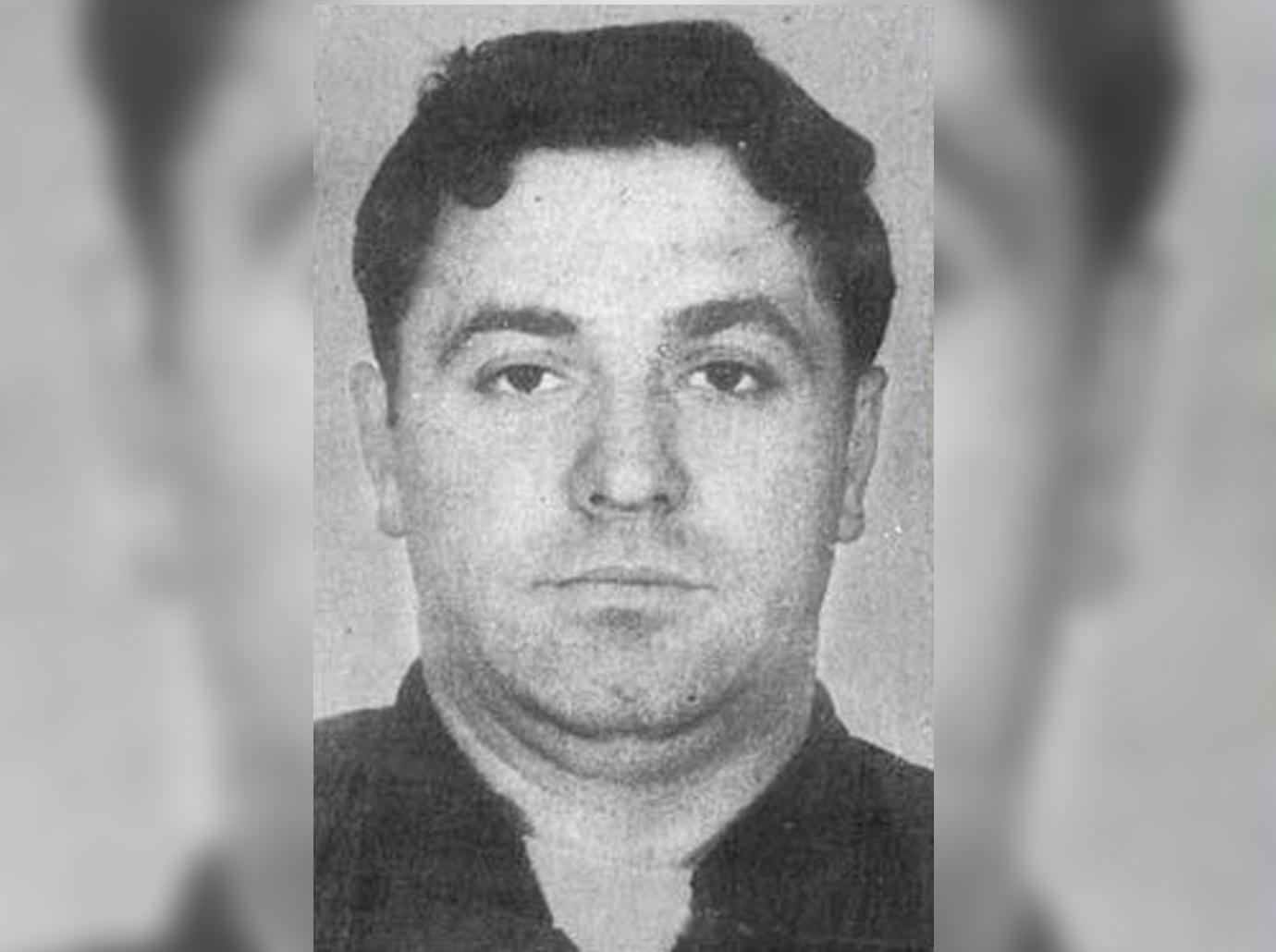
Flemmi in 1965
Weeks was a former bouncer at Triple O's Lounge, a favorite haunt of Bulger and others in the Winter Hill Gang. Bulger liked the young man, and by 1978 he was working as both hired muscle and a driver. Impressing with his service, he gradually began to take on more responsibility such as loansharking, becoming a vital gang member during Bulger's time as leader.
Flemmi, meanwhile, was Italian-American and served in Korea, being awarded the Silver Star and Bronze Star for valor, making him something of an odd fit with the predominantly Irish outfit. Many believe it was through Flemmi that Bulger first came to the attention as a potential informant, Flemmi having worked for the FBI ever since 1965 and the era of the Killeen and Mullens.
Bulger was initially approached as far back as 1971 when the FBI was looking for informants for their war against the Patriarca mafia family, also known as the New England Mafia. He rejected their advances on that occasion, but by 1975 had relented.
Some say that his handler, FBI agent John Connelly persuaded him; others say it was Flemmi.
WORKING WITH THE FBI
Connelly was the working-class son of an Irish immigrant, having grown up on a housing project in Boston. Little known to most was that it was the same housing project as the Bulger family, with Whitey having grown up just three houses away. Admiring William Bulger, Connelly's first interaction with Whitey came when he was 8 years old, Bulger treating the neighborhood kids with ice cream. At this point in the late 1940s, Bulger was already the leader of the Mercer Street gang.
To say that Connelly's life was defined by his interactions with the Bulgers would be an understatement. William Bulger encouraged him to apply to Boston College, and after an initial period as a teacher, William then suggested he join the FBI. Yet it was with Whitey that he would become inexorably linked, with the FBI feeling that his community links with the gangster would pay dividends. Unfortunately, those benefits would be for Bulger.
By 1979, Bulger would be on the brink of absolute power when many Winter Hill leaders, including Howie Winter, were arrested over their horse racing rackets. Thanks to Connolly, Bulger was left out of the indictment alongside Flemmi, allowing the pair to step into the void at the top. Their status as informants would pay other dividends, allowing them to secure their position and remove any opposition by informing their rivals, particularly the New England Mafia.
However, Bulger didn't deal with every problem through the peaceful weaponization of the law, and his already fierce reputation would only grow throughout these early years of power. In 1980, a local bookmaker named Louis "Louie" Litif tested Bulger to his limit, stealing money from his partners to fund a cocaine racket and refusing to cut Bulger in on the deal. If this wasn't enough, Litif publicly stating to Bulger's face that he intended to kill his partner Joseph “The Barber” Barbara, a murder that Bulger refused to sanction.
Litif soon ended up shot and stabbed in the trunk of a car, and more killings would follow in the fallout. Two years later, in 1982, a cocaine dealer and rival by the name of Edward Brian "Balloonhead" Halloran approached the FBI with information. Halloran had not only witnessed the killing of Litif but participated in the murder of millionaire businessman Roger Wheeler in 1981, allegedly killed for uncovering embezzlement at his company, World Jai Alai.
The embezzlement at World Jai Alai was led by corrupt former Boston FBI agent Paul Rico who worked as head of security at the firm and involved Bulger and Flemmi. Upon learning of the allegations, Connolly reported them to the pair, telling Bulger that Halloran was seeking witness protection. On May 11, the gang was tipped off that he was back in Boston, and after being surveilled by Weeks, his friend's car was sprayed with bullets. The friend, Michael Donahue, died instantly, but Halloran lived long enough to identify Bulger associate James "Gentleman Jim" Mulvey as his killer. Mulvey was later acquitted.
However, it didn't end there, and the loose ends needed silencing, meaning that John B. Callahan was the next to die. Callahan had been president of World Jai Alai and initially organized the sale to Wheeler, being a significant player in the embezzlement and organizing the first hit. Connolly was again instrumental, telling Flemmi' that Callahan was a weak link and would talk if the FBI managed to question him. In August 1982, his bullet-ridden body was found in the trunk of his Cadillac at Miami International airport, executed by Winter Hill executioner Johnny Martorano.
The killings of Wheeler, Litif, Donahue and Halloran without reply from the authorities marked the beginning of Bulger's reign of terror throughout Boston and east Massachusetts throughout the 1980s. There were hijackings, loansharking, extortion and even arms trafficking to the IRA at the height of the Irish Troubles. The murders also continued, including that of informant John McIntyre in 1984, Flemmi's mistress Debra Davis who worked out he was an informant, and Deborah Hussey, Flemmi's stepdaughter, who the mobster had sexually molested when a teenager.
Writing in his 2006 book "Brutal: My Life in Whitey Bulger's Irish Mob," Kevin Weeks explained the cold efficiency of Flemmi: "Stevie said he'd take care of the clothes and teeth. He was all business, going about the task of cleaning up and pulling teeth. Even though he had a long-term relationship with [Deborah Hussey] , this wasn't bothering him any more than it had bothered [Bulger]. Stevie was actually enjoying it, the way he always enjoyed a good murder. Like a stockbroker going to work, he was just doing his job. Cold and relaxed, with no emotion or change in his demeanor, he was performing a night's work."
POLICE ZERO-IN
Less well known at the time was Bulger's link to the drug trade, with the Winter Hill Gang making millions from shaking down dealers on their patch. Bulger would frequently call meetings with known dealers and say he had been asked to kill them, demanding money in exchange for sparing their life. Meanwhile, Bulger managed to extort a cut of the profits from John Shea's drug-running empire, the mobster dominating the local cocaine and marijuana scene thanks to his men primarily being handpicked prizefighters.
In his book, Weeks said that Bulger was pleased Shea didn't deal in heroin or PCP, saying, "The only people we ever put out of business were heroin dealers. Jimmy didn't allow heroin in South Boston. It was a dirty drug that users stuck in their arms, making problems with needles, and later on, AIDS. While people can do cocaine socially and still function, once they do heroin, they're zombies."
Attempts to build a case against Bulger or the Winter Hill Gang were constantly stopped by the targets being one step ahead, ensuring they avoided wiretaps and maintained their culture of fear. However, the biggest factor in Bulger's continuing freedom was undoubtedly the corruption going from inside the FBI and local police. Connolly regularly acted as a source of information alongside other figures such as Massachusetts State Police Lt. Richard J. Schneiderhan.
Schneiderhan had been raised in the same neighborhood as Flemmi and had been a childhood friend, many saying he idolized the future gangster. The detective was considered one of the police's top experts on organized crime, being an intelligence officer. He regularly passed information to his friend in this role, with some alleging that money was exchanged.
Connolly's tastes were lavish and flashy, Bulger paying Connolly at least $235,000 for information. There was land, houses and a boat, and such was his income that he even began to stop cashing his FBI paychecks, drawing attention. Bulger subsequently began to become wary of dealing with Connolly, believing the agent was reckless. Yet, he still had plenty on the inside to keep the information flowing.
Sure enough, in 1994, a joint task force comprising of the DEA, the Boston Police, and the Massachusetts State Police launched a new probe into the gambling operations of Bulger, this time shutting out the FBI, who they by now knew to be compromised. After several bookmakers agreed to testify, RICO charges were ready to be filed.
Once again, however, Bulger's connection with Connolly paid dividends, and the FBI agent duly informed the gang leader that arrests would be made over the Christmas season. Bulger had long prepared for this moment and had secured safety deposit boxes across North America and Europe with cash, fake passports and other essentials for life as a fugitive. On Dec. 23, he fled alongside his wife, Theresa Stanley.
WORLDS CRASH
Not long after his flight, Bulger made a phone call to his brother, William, by then President of the Massachusetts Senate. When later called before a grand jury to explain himself, William claimed he didn't believe it was his brother's best interest to surrender.
In 2003 William Bulger claimed that despite running much of the underworld in the state of Massachusetts, he never knew of his brother's criminal lifestyle. William would say, "I had the feeling that he was in the business of gaming and ... whatever." He was granted immunity from prosecution but forced to resign as president of the University of Massachusetts, having left the State Senate in 1996.
Whitey's first destination was Selden, New York before heading onto New Orleans for New Year's Day 1995. By Jan. 5, he was almost ready to dismiss the claims of Connelly as no move had been made by the DEA back in Boston. However, just as he was about to return, Flemmi was arrested, and his brother Boston police detective Michael Flemmi informed Weeks. The corrupt links that had been built again paid off, and Bulger instead headed to New York.
After just a few weeks on the run, Stanley decided to return home to Boston and their children, and not long after, Weeks brought Bulger's girlfriend Catherine Greig down to Florida as a replacement. By now, Weeks was head of the Winter Hill Gang, and meetings with Bulger continued into late 1995. Any further contact was made almost impossible in 1997 when "The Boston Globe" revealed that Bulger and Flemmi had been FBI informants.
Meeting with Connolly, the FBI agent insisted to Weeks that most information came from Flemmi. Bulger was only listed in the files to excuse Connolly meeting with him to pass information. Despite the claim, Weeks still intended to maintain the criminal code of silence. That is until he was arrested.
On Nov. 17, 1999, the DEA and the Massachusetts State Police brought Weeks in and presented the mobster with a 29-count indictment under RICO Act. Within two weeks, he was talked into turning by a fellow inmate and earned himself the nicknames "Kevin Squeaks" or "Two Weeks" in the process.
Like in the John Gotti case, the turning of Bulger's number two blew the lid on the entire criminal organization, with Weeks revealing where the money was, who was killed, where they were and who in law enforcement had been compromised. Those implicated included Schneiderhan, who was convicted in 2003 of conspiracy and obstruction of justice. Weeks led investigators to six different bodies, implicated Bulger in the murder of Halloran, and agreed to testify against the leadership. He managed to secure himself just five years in federal prison.
Connolly was indicted in 2005 for murder and conspiracy to commit murder, the charges concerning the killings of Wheeler and Callahan. He was convicted of second-degree murder in 2008 for Callahan and was sentenced to 40 years in prison. He is eligible for parole this year and still insists on his innocence.
However, unlike the Gotti case, the authorities still didn't have their man to put on the stand, rendering Weeks' statements irrelevant until they did. Bulger was sighted in London, while some said he was in Uruguay, France, or Italy.
The best sighting would come in 2006 when he was confirmed to have been at a theatre to watch Martin Scorsese's gangster flick "The Departed" in San Diego. The film was based on his life and the Bulger legend. The brazen arrogance was astounding, and Bulger would later say he was far from a recluse and traveled frequently.
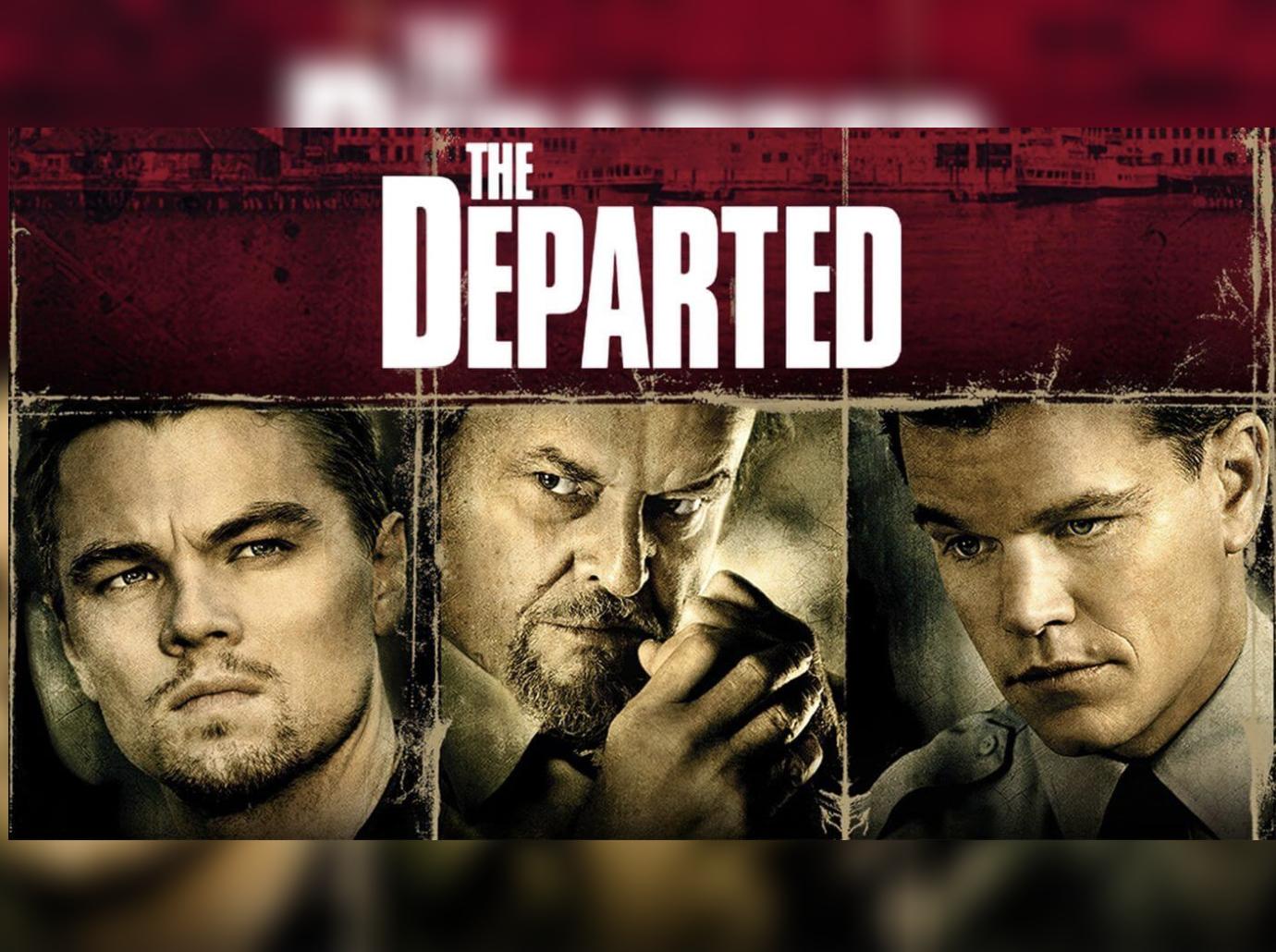
BULGER CAUGHT
On June 22, 2011, after 16 years on the run, Bulger was finally arrested in Santa Monica, California, thanks to the efforts of the Bulger Task Force, comprising FBI agents and U.S. Marshals. He was successfully lured from his apartment and arrested peacefully before police entered and successfully arrested Greig. Bulger was charged with murder, conspiracy to murder, extortion, distribution of narcotics and money laundering.
The capture came following a new focus by the Task Force that highlighted the role of Greig, with a tip from Icelandic model Anna Bjorn who used to live in the Bulger neighborhood, proving vital. At the time, the reward offered was $2 million, the highest ever recorded behind Osama Bin Laden. On July 6, Bulger appeared before a federal court and pled not guilty to all charges against him, 48 in all, including 19 murders.
Bulger was surprisingly talkative to the authorities while in custody, but less so while in detention, being something of a loner at the United States Penitentiary in Tucson, Arizona. While there, he began to suffer night terrors, which he personally attributed to his last stint in prison when he was part of the MK-ULTRA program.
He was attacked once and began to see the prison psychologist.
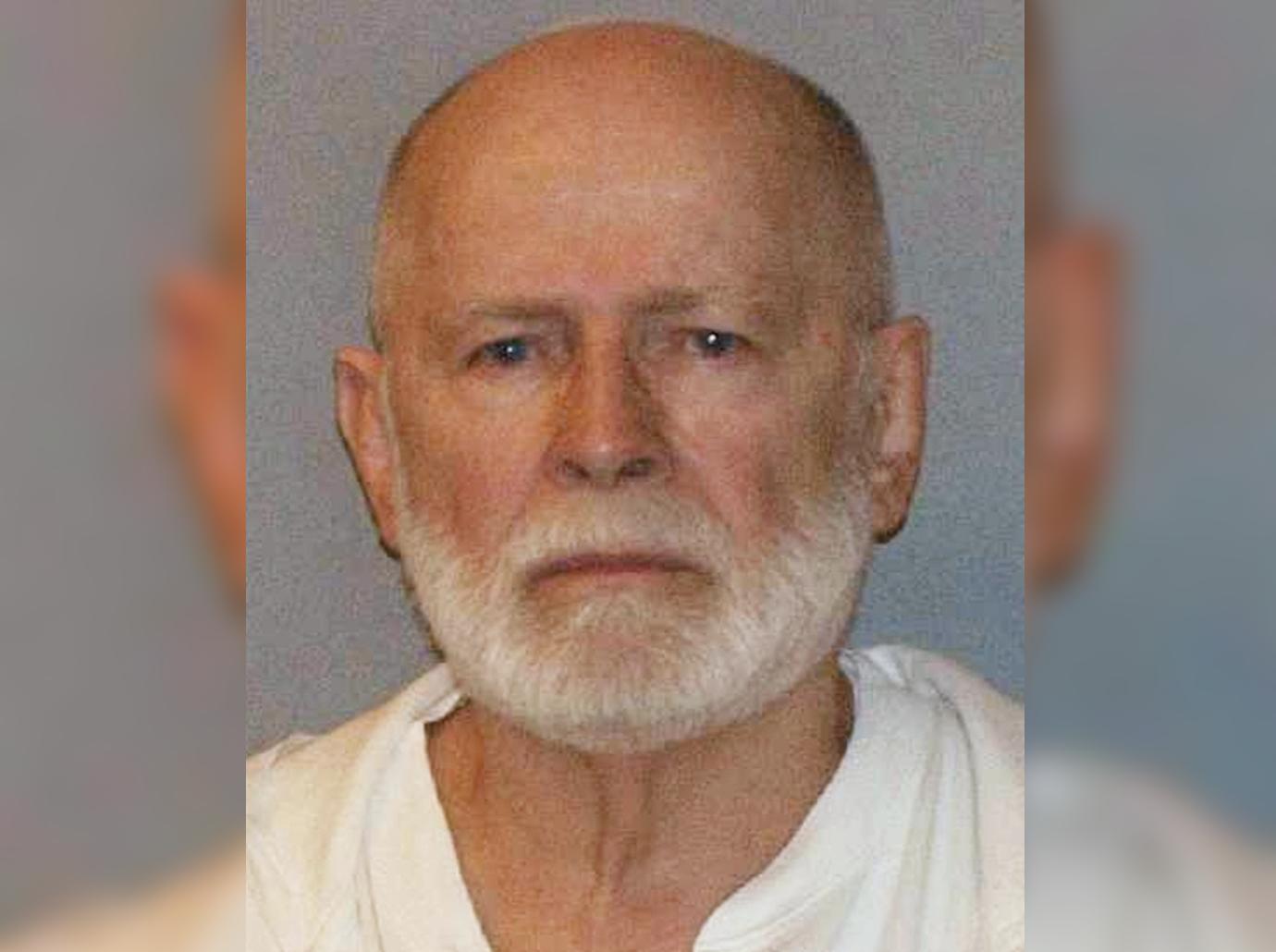
While many said this was a different Bugler to the one who had dominated Boston, he soon became very friendly with his counselor, and she may have allowed him to use her cellphone. Now 85-years-old, there was still a charismatic manipulator lurking underneath the surface.
On June 12, 2013, Bulger stood trial amidst heavy security at the John Joseph Moakley United States Courthouse in South Boston with 32 charges laid before him, 72 witnesses were called and proceedings took two months. On Aug. 12, he was convicted on 31 counts, including 11 murders. They were Paul McGonagle, Edward Connors, Thomas King,Richard Castucci, Roger Wheeler, Brian Halloran, Michael Donahue, John Callahan, Arthur Barrett, John McIntyre, and Deborah Hussey.
Originally sent to the Coleman II United States Penitentiary, Bulger seemed to be in failing health by 2015, unable to walk and often falling out of bed. Equally, his mental health was also in question, being disciplined for masturbating in front of a male staff member. Despite this, Bulger led an easy life, using some of the money the FBI hadn't managed to find to pay off younger prisoners to do his bidding, including bringing him breakfast and lunch.
That would all change in 2018.
After a stint at the Federal Transfer Center in Oklahoma City, Bulger would be transferred to the Federal Penitentiary in West Virginia on Oct. 29, 2018. The transfer to the notoriously violent prison was controversial from the start. A Florida penitentiary was known as safe for marked men like Bulger, and given his reputation and age, many believed that his being sent to West Virginia was an effective death sentence.
Officially the reason for Bulger's transfer was medical, with the then 89-year-olds health having been seen to improve enough to make the transfer. Prison officials would state that his transfer paperwork claimed he'd completed treatment at a medical facility. Yet, other prison records contradict this, saying he was locked up in solitary confinement at the time and was nowhere near the prison hospital.
Sure enough, 12 hours after arriving at the prison in West Virginia, Bulger was beaten to death by multiple inmates using a padlock wrapped in a sock. His tongue was nearly cut out, and his assailants had tried to gouge out his eyes. The beating was so severe that investigators described him as being barely recognizable.
Genovese Family mobster Fotios "Freddy" Geas is suspected of ordering the killing. Geas had been a hitman for the New England Mafia and was said to hate snitches. He has been in solitary confinement ever since the killing and has not been indicted.
Bulger's funeral mass was held in Boston on Nov. 8, 2018, with family, including his brother William in attendance. Many believed it was a fittingly brutal end for the man at the center of a whirlwind of extreme violence and corruption for over two decades, one carried out not only by the Winter Hill Gang but by those in local law enforcement.
Finally, one of the darkest chapters in Boston's long history was truly over.
Become a Front Page Detective
Sign up to receive breaking
Front Page Detectives
news and exclusive investigations.
